Patients Don’t Remember the Algorithm. They Remember the How You Made Them Feel.
I recently read IPG Health’s Healthcare Marketing Trends Shaping 2025 and Beyond and found myself nodding the entire way through. The article cuts through the noise about AI and makes a point I deeply believe in: the real competitive edge isn’t the AI technology itself — it’s the human outcomes it enables.
Although some AI tools may be robust and reliable enough to support a potential reduction in staff in specific areas there remains a need and patient expectation for direct human engagement.
Similarly, the same applies outside clinical areas like in marketing where Ai can improve efficiency, accuracy and productivity but can’t replace the necessity to create relationships with patients and physicians to capture stories and reflect the emotional sentiment behind them that drives engagement or willingness to prefer one healthcare system over another.
Personally, I believe we should reframe our view on AI from “AI-first” to “human-first, AI enabled.”
In healthcare, trust is the brand. We can’t build it on press releases or with clever taglines and campaigns alone. We earn it when our values are visible in the experience. When shorter wait times, clearer communication, equitable access, and genuine empathy are more than just talking points.
This perspective resonated with me because it mirrors and supports what I’ve seen work in the real world:
*Lead with outcomes that matter to patients and teams.
*Design experiences that match the promises in our messaging.
*Build privacy and transparency into every touchpoint.
If you’re leading marketing or communications in healthcare, I encourage you to read this piece and reflect on how your organization is balancing technology, humanity, and proof. It’s a much-needed reminder to put humanity at the center — and let technology be the enabler, not the headline.
